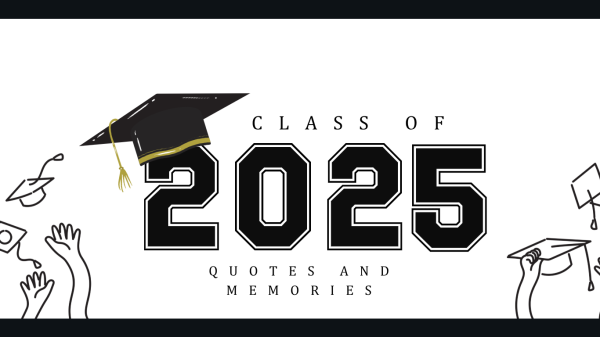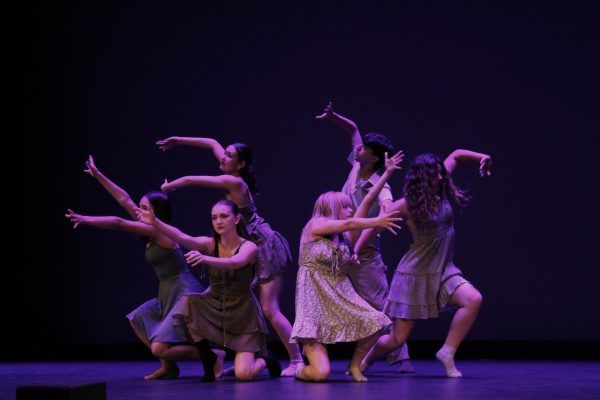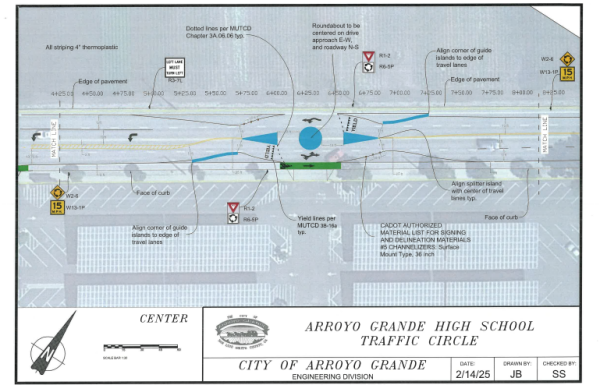The How (to make) and Why (to have) of Routine
“You don’t rise to the level of your goals, you fall to the level of your systems” -James Clear, author of Atomic Habits.
Atomic Habits breaks making habits down beautifully into four simple steps; “1.) make it obvious, 2.) make it attractive, 3.) make it easy, and 4.) make it satisfying.”
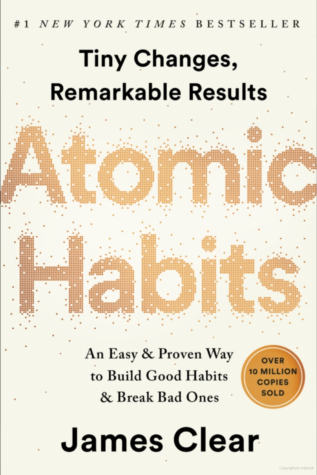
Clear’s formula for habits is based on a cue, craving, response, and reward system.
1.) The only way to make a habit stick is to have an obvious cue or reminder throughout the day, marking when to begin your habit. It’s important to repeat this at the same time each day. A sticky post on the door reminding you to make your bed.
2.) The urge to complete the habit is triggered by attraction or a reason why you should complete the habit. Make it enticing. Think about how Pinterest-worthy your room will be.
3.) Make it easy. Despite the difficulty of the habit, use the power of relabeling in your brain to make it seem a small step in your day. A simple undaunting task. Just pull up the blankets and plop on the pillows, it doesn’t have to be perfect.
4.) Make it rewarding. A task must trigger the risk/ reward part of your brain, aka the prefrontal cortex. The completion of the habit must be satisfying enough to release dopamine and reinforce the desire to repeat the action tomorrow. My room is clean and gives me productive energy to carry throughout my day.
The steps to build habits are universal, but the routines themselves are unique and cater to the profession and the type of person that you are, and what profession you are in. Regardless, having a system in place is hugely beneficial to daily life.
Having a routine makes life predictable, and takes away a major stressor, the unknown.
“The nice part about routine is that the brain is wired to notice things that are new, so we get overwhelmed with like a lot of new things happening all at once. Having a routine sort of allows the brain to sort of have less noise and less new things that it’s trying to pay attention to,” Howes said. Routines give the brain stability and predictability allowing it to coast throughout the majority of the day.
“You don’t have to make 1000 tiny decisions in a day. You can kind of let those things be on automatic and that frees up that brainpower, that headspace, to make really important decisions or to react to things that are unexpected,” Alex Dietrich, former Blue Angel Navy fighter pilot, and long-time flight instructor at the Naval Academy said. “[the predictability] gives me confidence when I’m moving through my day and my week and moving through my life and work. And then that frees me up to be spontaneous if it’s appropriate, or to react to an emergency if it comes up.”
Being in the military amplified this structured lifestyle, but Dietrich admits that at her core this formulaic lifestyle suits her.

“I would say that I am naturally inclined towards routine from my personality. I don’t know if you’ve done a personality assessment, but there are several types out there. The most popular and well-known is the Myers-Briggs test. I recently took the ocean five-factor model which is five variables and I scored very high in conscientiousness. So, I naturally like to have order and routine. I like things to
be organized, that’s just where I naturally fall,” Dietrich said.
Some people definitely are more inclined to utilize routine in their life. This tendency comes from having a “type A” or a “type B” personality.
The Myers-Briggs test is a much more precise classification of the human personality and your results are categorized into 16 personality types such as Logician, Mediator, and Entertainer, each one encompassing unique traits about you. Type A and type B personas are much more simple.
Type A trends towards a more fast-paced lifestyle. Type A personalities are marked by highly competitive and ambitious natures and these people tend to be extremely high functioning, yet are highly irritable and impatient.

Type B people tend to take a slower more relaxed outlook on life. Type B personalities tend to be easygoing, peaceful, and all-around stable people. Yet, they can have a tendency to lack urgency that in some cases creates a lack of drive to do anything. Type A tends to have very rigid routines and sets its goals almost impossibly high.
“I feel like I have a routine to a fault. I’ve always been a Type A routine person and that mindset certainly transferred into my career,” Kelli Peters, AGHS social studies teacher, said. “I like knowing exactly what to do in class. I always have things really planned out for a long time. It helps me feel more comfortable with [life], but also, makes me more willing to be flexible with things”
Routines are a very powerful double-edged sword. They have the ability to reduce anxiety entirely or amplify it due to stress created by any variation in the routine.
“I get anxious when my routine gets thrown off. An unplanned five minute can just throw off my daily routine which messes up tomorrow’s routine and now my whole week is ruined. I just have to start over,” Peters said. “I really try to be flexible, it’s just hard for me.”
Diversion from routine is hard when you have an attachment to the idea of it and create the added pressure of “I need ____.” It’s important to think of routine as a tool to utilize when you need help with organization. If life interferes, let it. Ride it out and continue the routine when the interference is over.
“I usually have to sit down and process [when life throws a curveball], it takes time for me to plan how to get back on my routine. Sometimes I just am lost, and I end up scrolling Netflix or something,” Peters said.
Being a teacher, Peters also utilizes routines in her classroom by implementing a daily routine so her students know what to expect and how to prepare ahead of time.
Amelie Mousitriats, Peters’ AP Euro student said, “I always know what we’re gonna do for that day. [Peters] prints out those agendas for the unit. You can just rely on them to be really predictable, and I like that, it’s comforting. It’s not like every day we’re going to do something like a brand new big project.”
Class routines offer stability and give students an expectation of how to conduct themselves in that classroom, this is also true at home.
Kids face changes in their lives daily. The way adults treat them changes with age, their instincts change with age, and their bodies change with age. They have no stability in their lives; parents must cultivate it.
“A predictable routine allows children to feel safe and to develop a sense of mastery in handling their lives,” Aha! Parenting says on the topic of routines. It’s this sense of mastery that builds confidence for kids to grow up and deal with unknown situations. Kids aren’t the only beneficiaries. It allows the parent comfort throughout the day knowing that fights and scurfuzzles will be minimized due to predictability in their constant routine.
“ We have a pretty standard [morning]routine and without it, I think we would probably not get to school until lunchtime. [Alya] knows what she needs to be doing. I know what I need to be doing. Kind of within that time frame,” Danielle Raiss, Arroyo Grande mom, said. “We have hiccups here and there but at least she knows what to expect and I know what to expect and so, more or less we know when we can be getting out of the house. So, that’s just one example, but it helps us get to places on time or close enough to the time we’re supposed to be there.”
Despite what some might think, many kids enjoy the efficiency and smoothness generated by routines just as much as their parents.
“[Routines] keep us on schedule so that we can get to school on time” Alya Raiss, Danielle’s five-year-old daughter piped in.
Routines are beneficial for everyone if applied correctly and utilized with a flexible and unattached mindset. They are easy to create and make for a more relaxing and stress-free environment, but everything needs moderation. Scheduling free time is important. You need to schedule free time but avoid having overly scheduled free time.
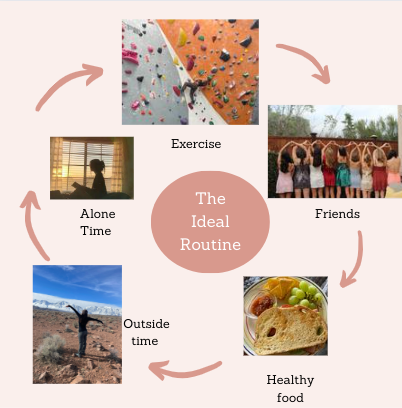
“Something that’s kind of crazy about routine is that we don’t make very many memories when we’re too stuck in a routine,” Howes said. “It’s also really important to have some adventure and to do something that makes memories otherwise when you look back it feels like time went by really fast because memories during that time because you were just doing your routine over and over.”
Schedule your free time, create healthy habits, and find a stable routine that helps you strive towards your goals and maximize your day. Plan around your natural Circadian Rhythm, schedule free time and create simple habits that deconstruct daunting goals and make them achievable. 2023 is the year to create your routine.
Pema Secrest is an incredibly average human being and wannabe writer. She is a sophomore at Arroyo Grande Highschool and is ready to leave. ...




